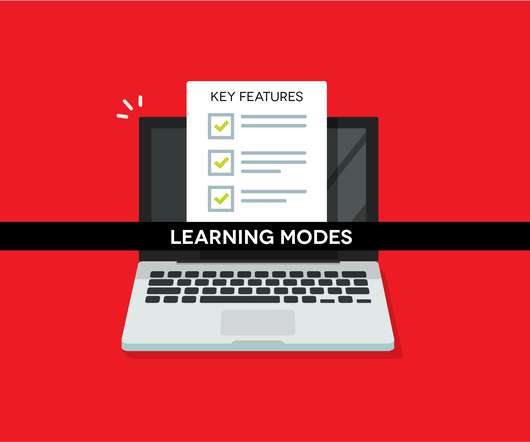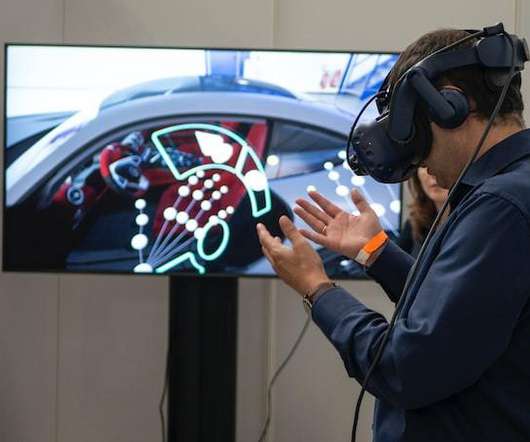The Learning Styles Myth
Association eLearning
MARCH 22, 2017
Some time ago, a colleague of mine wrote a blog called Learning Myths: Debunked , in which he stated that learning styles is a myth. Having obtained a degree in Elementary Education, I was shocked and still skeptical that learning styles was indeed a myth.















































Let's personalize your content